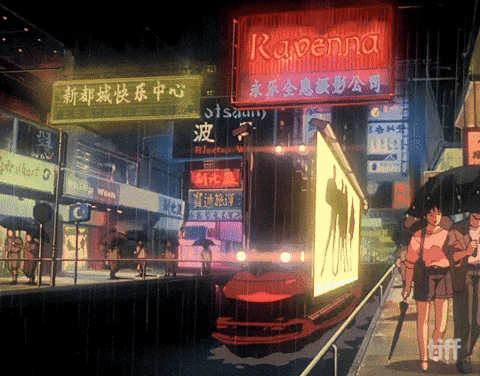The groundbreaking anime film, "Ghost in the Shell," has left an indelible mark not only on the world of animation but also on technology. Released in 1995, this cyberpunk masterpiece by Mamoru Oshii explores themes such as artificial intelligence, human enhancement, and the blurred line between physical and digital realms.
In "Ghost in the Shell," we see a world where humans can upload their consciousness into machines or even transfer it to other bodies. This concept has sparked numerous discussions about the potential of brain-computer interfaces (BCIs) and artificial intelligence, leading researchers and scientists to explore these possibilities further. For instance, Elon Musk's Neuralink project aims to create a BCI that can help restore vision or mobility for those with spinal cord injuries by connecting their brains directly to computers.
Moreover, the film raises questions about privacy and security in our increasingly digital world. With advancements like facial recognition technology becoming more commonplace, there is growing concern over how much personal data companies collect from us without our knowledge or consent. "Ghost in the Shell" serves as a cautionary tale reminding us to be vigilant when it comes to protecting our privacy and ensuring that technology remains at our service rather than controlling us.
In conclusion, "Ghost in the Shell" has had a significant impact on how we view and approach technology today. Its thought-provoking themes continue to inspire conversations about artificial intelligence, human enhancement, and data privacy – issues that will undoubtedly shape our future society.
